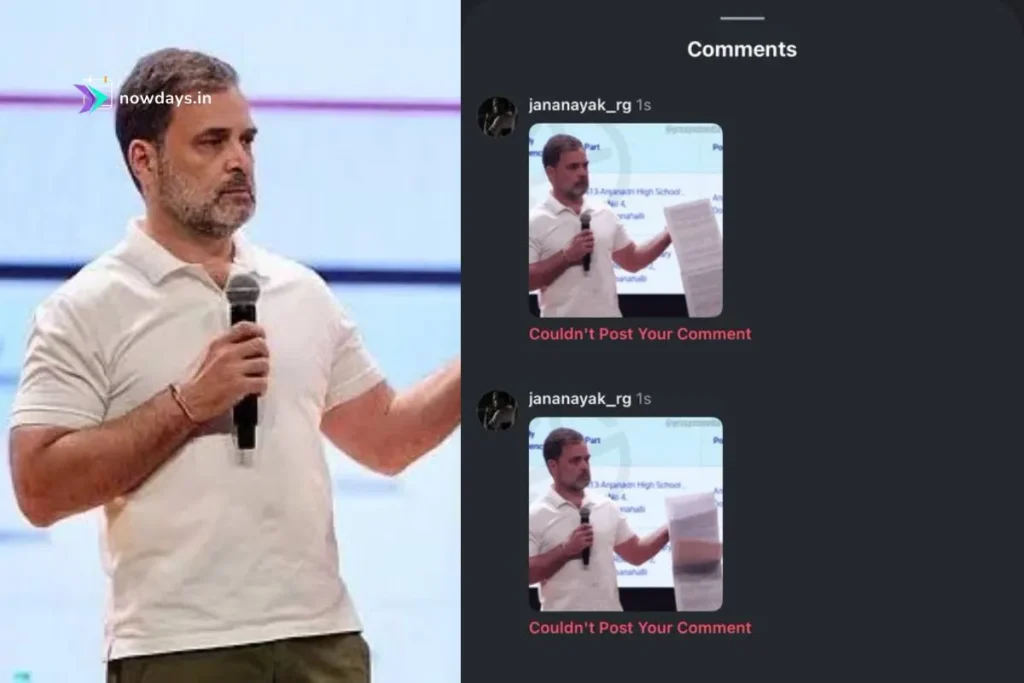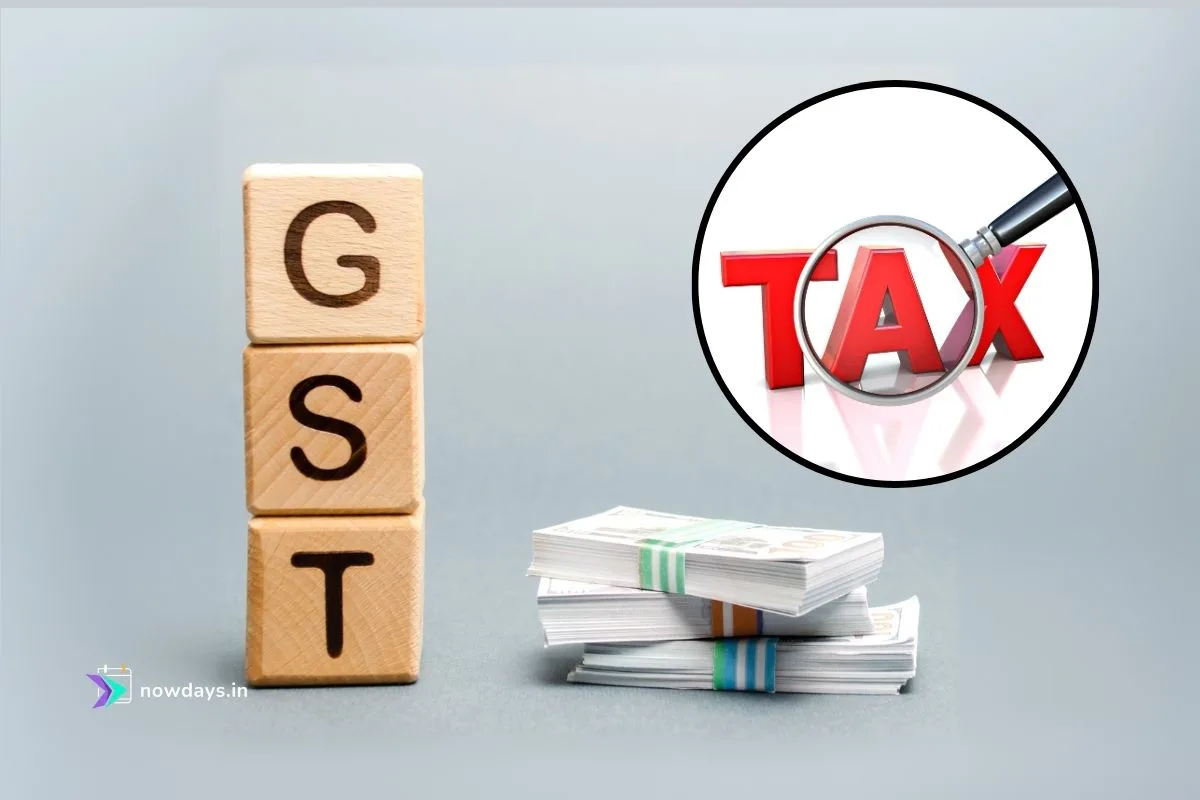New Delhi – Instagram has attracted attention for removing a widely shared GIF featuring Congress leader Rahul Gandhi, sparking questions about the platform’s moderation policies and the boundaries of digital expression in India. The GIF, which had become popular across social media, was reportedly taken down after being posted by several users, each receiving a notification stating “Couldn’t Post Your Comment.” This incident highlights ongoing tensions between user-generated content and platform regulations in a politically charged environment.
Possible Reasons Behind Instagram’s Actions

1. Community Guidelines Enforcement
Instagram, like other Meta-owned platforms, enforces strict community standards designed to curb misinformation, prevent harassment, and ensure respectful discourse. Viral content featuring public figures often undergoes enhanced scrutiny, especially if the GIF is repurposed or remixed in ways that could be interpreted as targeting, parodying, or defaming the subject. If an algorithm or manual review finds the content breaches any guideline—whether related to bullying, impersonation, or political sensitivity—it may be removed, even if the original seems innocuous.
2. Political Content and Election Sensitivity
With elections and major political developments frequently causing spikes in malicious or misleading posts, platforms such as Instagram implement temporary measures to curb the spread of viral materials involving politicians. The GIF’s removal could be proactive moderation in response to mass reporting or heightened scrutiny around election periods, aiming to prevent misuse that could escalate tensions or spread misinformation about the leader shown.
3. Copyright and Media Ownership Issues
Expert analyses emphasize the role of copyright law in such takedowns. Media clips, even brief GIFs, originating from televised events or digital broadcasts can be flagged if rights holders lodge complaints. Instagram’s automated systems prioritize rapid compliance with DMCA notices or local copyright regulations, often removing content before manual appeals or clarifications can be made.
4. Mass Reporting and Platform Algorithms
A GIF going viral, especially one featuring a prominent figure, may trigger mass reporting—sometimes orchestrated by coordinated groups with opposing views. Platform algorithms pick up on such surges and automatically restrict or remove content considered potentially offensive or in violation of standards, sometimes erring on the side of caution to minimize reputational risk.
Expert Perspectives and Public Reaction
Digital rights activists have questioned whether removal reflects excessive censorship or responsible moderation. Legal experts explain that platforms must balance user freedoms with the risk of defamation and targeted harassment, especially with influential personalities involved. Social media analysts, as seen in YouTube debates and tech news forums, suggest that automated moderation can sometimes be overzealous, calling for more transparent communication from Instagram regarding specific violations.
Public reaction has been mixed. Supporters of the leader argue the removal stifles legitimate political discourse, while others assert that viral images and GIFs, when misused, feed misinformation loops. Meta representatives historically advise users to review content policies and utilize appeal mechanisms if they believe posts were unjustly removed.
The Broader Context: Content Moderation in India
This episode is emblematic of India’s complex relationship with social media regulation. Spikes in content deletions typically accompany political events, with platforms adapting quickly to government advisories, legal demands, and large-scale public reporting. Advocacy groups urge big tech companies to refine AI moderation tools and offer clearer feedback on takedown decisions, urging balance between curbing abuse and preserving digital expression.
In summary: Instagram’s removal of Rahul Gandhi’s viral GIF underscores the increasing tension between viral political content and platform controls, driven by a mix of policy enforcement, copyright practices, and public sensitivity. As the conversation continues, experts call for accountability, transparency, and user education to ensure open dialogue within responsible bounds.








